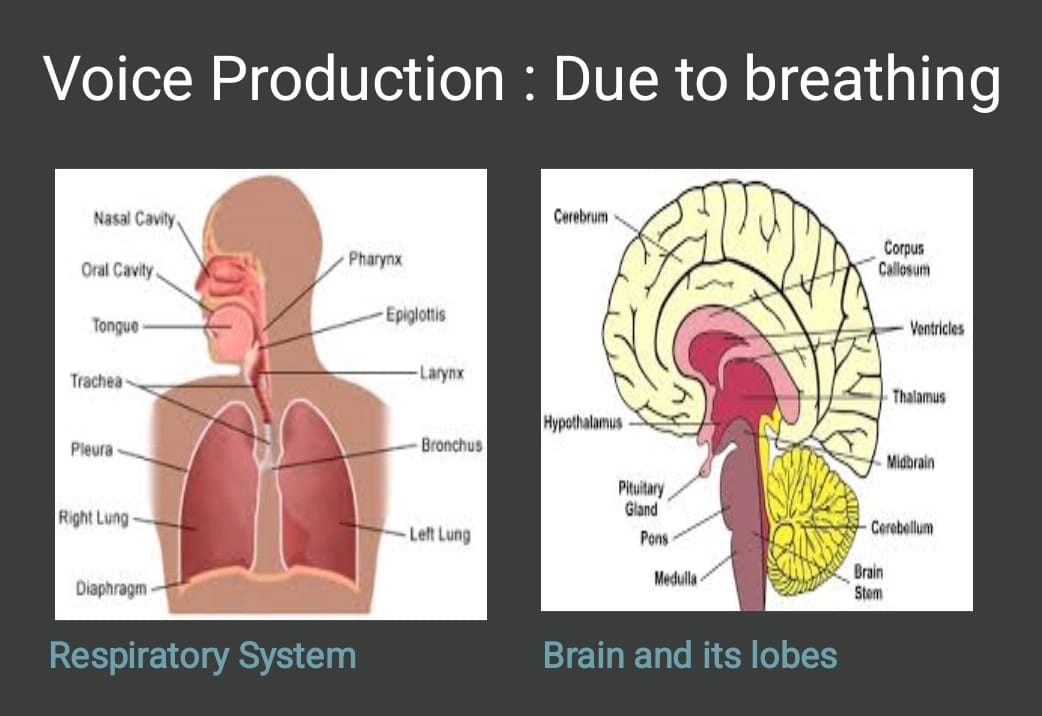Data Analytics
A data analyst gathers, cleans, analyzes, and interprets data to identify insights and inform business decisions. They focus on understanding existing data to answer specific questions and solve problems. This role involves translating data into actionable insights and communicating findings to stakeholders. Why is data analytics important? Informed Decision-Making: Data analytics provides a data-driven approach to decision-making, reducing the risk of making decisions based on intuition or guesswork. Improved Business Outcomes: By identifying trends and patterns, businesses can optimize processes, improve customer experiences, and generate new revenue opportunities. Increased Efficiency: Data analytics can help identify areas for improvement and automation, leading to increased efficiency and productivity. Enhanced Understanding: Data analytics can provide a deeper understanding of customers, markets, and other factors, leading to better-informed strategies.
Read MoreSoft Skills
Soft skills are a broad category of interpersonal, social, and emotional abilities that are crucial for success in various fields, including the workplace. They encompass skills like communication, teamwork, problem-solving, and leadership, and are often seen as complementing technical or hard skills.
Read More“Geographical Information Apps (web Portals/Applets) (2023-24)”
Objectives: The course is conceptualized 1) To introduce the students to the basic tools used in Geography. 2) To acquaint the students with the utility of SOI, IMD & Maha Data Bank portal. 3) To create awareness about Geographical apps to among the students. Learning Outcomes: Students will able to – 1. Understand the utility of SOI website. 2. Understand the function of IMD website and apps. 3. Understand the service of Maha Data Bank portal. Practices: To create the account on following websites and download geospatial data.
Read MoreApplied Course in Disaster Management
Objectives: The objectives of the course are to develop following Skills among the students 1.To introduce basic concepts and fundamental structure of Disaster Management (DM). 2.To inculcate critical thinking and problem-solving abilities on disaster management. 3.To enable students to assess the situation and design plan for Disaster management
Read More


